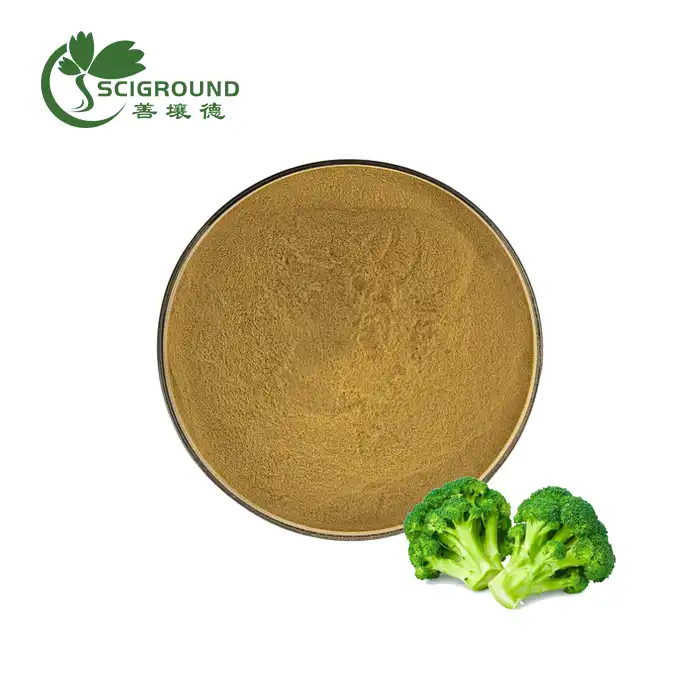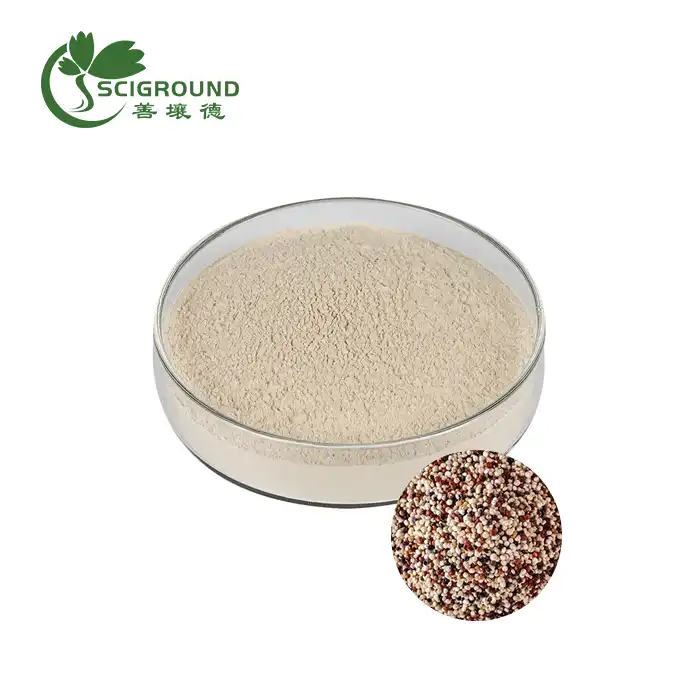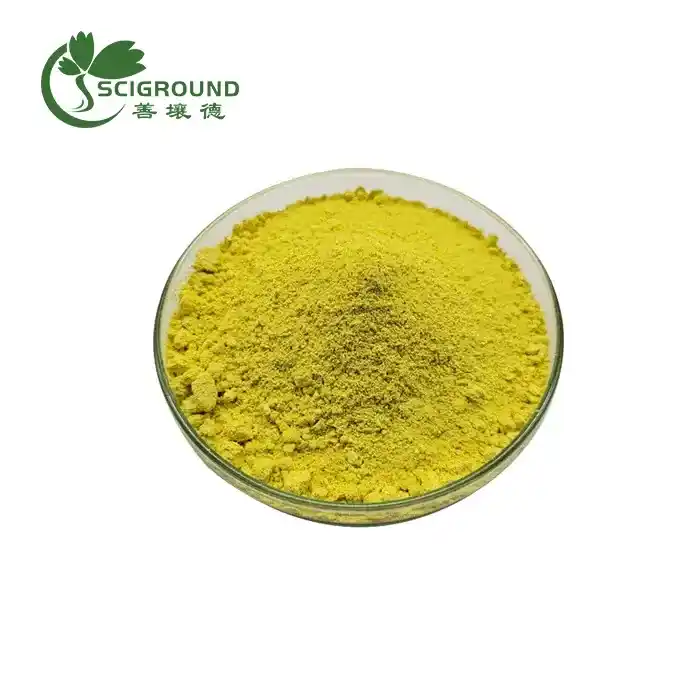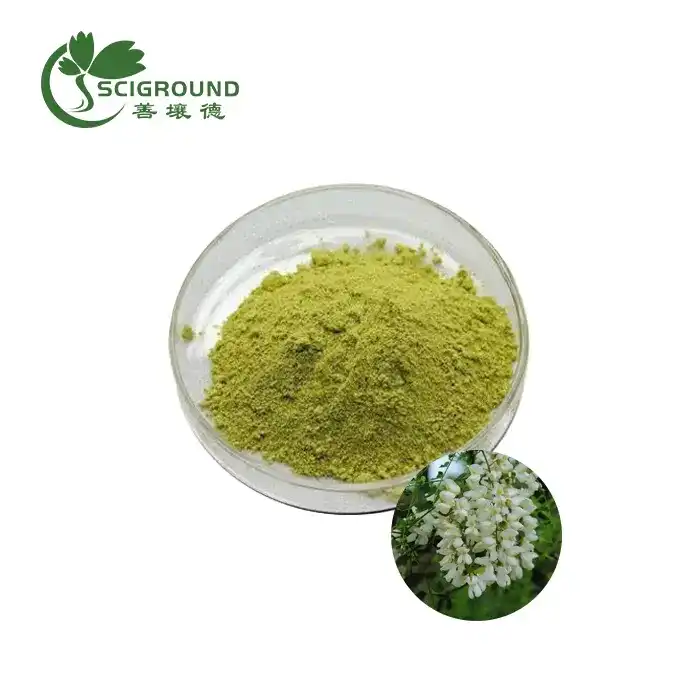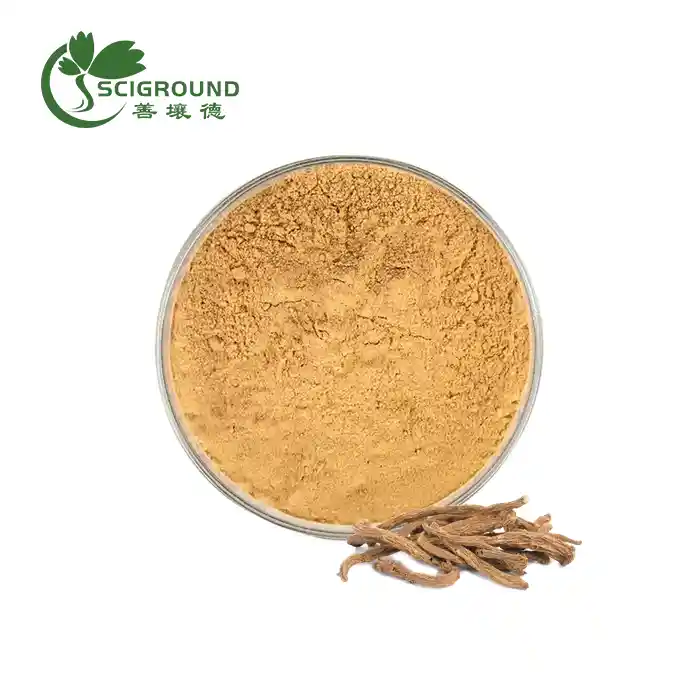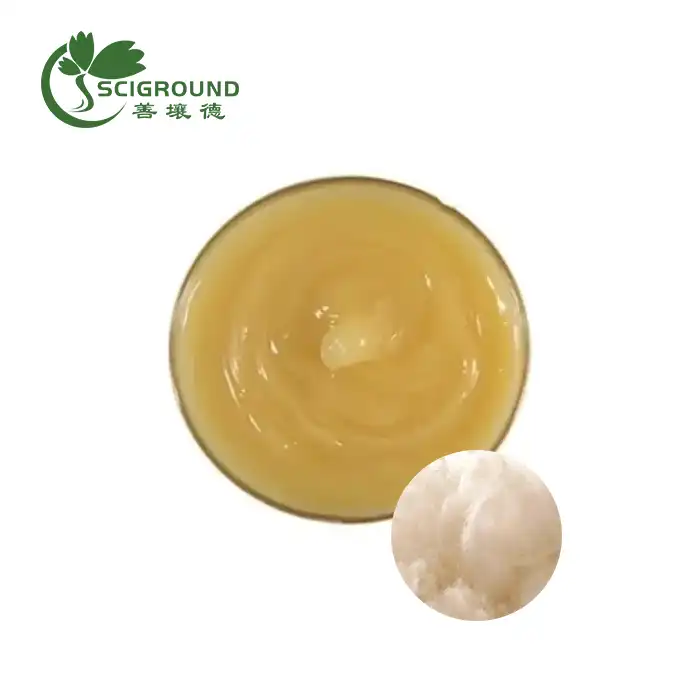Does acitretin weaken your immune system?
Acitretin, a powerful retinoid medication used primarily for treating severe psoriasis, has been a subject of interest for many patients and healthcare professionals. One common question that arises is whether acitretin weakens the immune system. The short answer is no, acitretin does not weaken your immune system. In fact, it's one of the few systemic psoriasis treatments that is not immunosuppressive.
Acitretin belongs to a class of drugs called retinoids, which are derivatives of vitamin A. It works by regulating skin cell growth and differentiation, helping to normalize the rapid skin cell turnover that occurs in psoriasis. Unlike many other systemic psoriasis treatments, acitretin does not directly target the immune system.
This unique characteristic of acitretin makes it a valuable option for long-term psoriasis management, especially for patients who may be at higher risk of infections or have concerns about immunosuppression. However, like all medications, acitretin does come with its own set of potential side effects and risks that patients should be aware of.
What are the side effects and risks of acitretin?
While acitretin doesn't weaken the immune system, it can cause a range of side effects that patients should be cognizant of. These side effects can vary in severity and frequency among individuals. Here's a comprehensive look at potential side effects and risks associated with acitretin use:
Mucocutaneous Effects
The most common side effects of acitretin are related to its effects on the skin and mucous membranes. These include:
- Dry lips (cheilitis): This is one of the most frequent side effects. Patients often need to apply lip balm regularly to manage this symptom.
- Dry skin: The skin may become dry, itchy, and prone to peeling, especially on the palms and soles.
- Dry eyes: Patients may experience dry, irritated eyes and may need to use artificial tears.
- Dry nose: The nasal passages can become dry, leading to nosebleeds in some cases.
- Hair thinning: Some patients may experience temporary hair loss or changes in hair texture.
- Nail changes: With long-term use, nails may become thin, brittle, or develop ridges.
Photosensitivity
Acitretin can increase sensitivity to sunlight, making patients more susceptible to sunburn. It's crucial for those taking acitretin to use sun protection measures, including broad-spectrum sunscreens and protective clothing.
Lipid Abnormalities
Acitretin can affect lipid levels in the blood. It may cause an increase in triglycerides and cholesterol levels. Regular blood tests are typically performed to monitor these levels during treatment.
Liver Function Changes
In rare cases, acitretin can affect liver function. Patients are usually monitored with regular liver function tests while on this medication.
Skeletal Effects
Long-term use of acitretin may lead to hyperostosis (excessive bone growth) or calcification of ligaments and tendons. This is more common with high doses or prolonged use.
Teratogenicity
Perhaps the most significant risk associated with acitretin is its potential to cause severe birth defects if taken during pregnancy or shortly before conception. Women of childbearing potential must use effective contraception before, during, and for a period after stopping acitretin treatment.
Other Potential Side Effects
Less common side effects may include headaches, joint pain, muscle pain, and mood changes. In rare cases, patients may experience more severe side effects such as depression or increased intracranial pressure (pseudotumor cerebri).
It's important to note that while this list of side effects may seem daunting, not all patients will experience these effects, and many side effects can be managed effectively. The benefits of acitretin in controlling severe psoriasis often outweigh the risks for many patients. However, the decision to use acitretin should always be made in consultation with a healthcare provider, taking into account individual patient factors and potential risks and benefits.
What is Acmella oleracea extract?
While we're discussing treatments for skin conditions, it's worth mentioning another ingredient that has gained attention in the skincare world: Acmella oleracea extract. Although not directly related to acitretin, this natural extract has shown promise in addressing certain skin concerns.
Acmella oleracea, also known as paracress or toothache plant, is a flowering herb native to Brazil and other parts of South America. The extract from this plant has been used in traditional medicine for various purposes, including pain relief and skin care.
Skincare Benefits of Acmella oleracea Extract
In recent years, Acmella oleracea extract has gained popularity in the cosmetic industry due to its potential skin benefits:
- Anti-aging properties: The extract is believed to have a muscle-relaxing effect, which may help reduce the appearance of fine lines and wrinkles.
- Skin firming: Some studies suggest that Acmella oleracea extract may help improve skin elasticity and firmness.
- Antioxidant effects: The extract contains compounds that may help protect the skin from free radical damage.
- Soothing properties: It may have anti-inflammatory effects, potentially helping to calm irritated skin.
While Acmella oleracea extract shows promise, it's important to note that more research is needed to fully understand its effects and potential benefits for skin health. Unlike acitretin, which is a prescription medication for severe psoriasis, products containing Acmella oleracea extract are typically found in over-the-counter skincare products and are generally considered safe for most people.
What is Aconitum used for?
Shifting gears from synthetic medications like acitretin and plant extracts like Acmella oleracea, let's explore another plant-based substance: Aconitum. Also known as monkshood, wolfsbane, or aconite, Aconitum is a genus of flowering plants that has a long history of use in traditional medicine systems, particularly in Asia.
However, it's crucial to note upfront that Aconitum is highly toxic and can be extremely dangerous if not used properly. Its use in modern medicine is very limited due to safety concerns.
Traditional Uses of Aconitum
In traditional Chinese and Ayurvedic medicine, Aconitum has been used for various purposes:
- Pain relief: It was sometimes used to treat severe pain, including neuralgic pain.
- Reducing fever: Some traditional practices used Aconitum preparations to lower high fevers.
- Treating inflammation: It was believed to have anti-inflammatory properties.
- Cardiac issues: In some traditional practices, it was used to treat certain heart conditions.
Modern Perspective on Aconitum
In modern medicine, the use of Aconitum is extremely limited due to its high toxicity. The plant contains several potent alkaloids, including aconitine, which can cause severe side effects even in small doses. These can include:
- Gastrointestinal symptoms
- Cardiovascular problems, including arrhythmias
- Neurological issues
- Respiratory failure
Due to these risks, Aconitum is rarely used in contemporary medical practice. Some researchers are investigating whether certain compounds derived from Aconitum could be developed into safer medications, but this work is still in early stages.
Aconitum vs. Acitretin: A Stark Contrast
The stark contrast between Aconitum and acitretin illustrates the evolution of medical treatments. While Aconitum represents an ancient, high-risk remedy, acitretin is a modern, scientifically developed medication with a well-understood mechanism of action and safety profile. Acitretin, while not without side effects, has been carefully studied and is used under close medical supervision to treat severe psoriasis. It doesn't weaken the immune system and its risks are well-documented and manageable in most cases.
This comparison underscores the importance of relying on evidence-based medicine and highlights why treatments like acitretin, developed through rigorous scientific research, are preferred over potentially dangerous traditional remedies like Aconitum.
Conclusion
In conclusion, while acitretin does not weaken the immune system, it does come with its own set of potential side effects and risks that need to be carefully managed. It remains an important option for treating severe psoriasis, especially for patients who cannot use immunosuppressive treatments. As with any medication, the decision to use acitretin should be made in consultation with a healthcare provider, weighing the potential benefits against the risks for each individual patient.
For those interested in skincare, alternatives like Acmella oleracea extract may offer some benefits, albeit for different skin concerns. And while traditional remedies like Aconitum have historical significance, their use in modern medicine is extremely limited due to safety concerns.
If you're dealing with severe psoriasis or other skin conditions and are considering treatment options, it's crucial to consult with a dermatologist or healthcare provider. They can provide personalized advice based on your specific situation and help you navigate the various treatment options available.
For more information about acitretin and other skin health products, please don't hesitate to contact us at info@scigroundbio.com. Our team at Shaanxi SCIGROUND is dedicated to providing high-quality plant extracts and API products to support your health and skincare needs.
References
1. Ormerod, A. D., Campalani, E., & Goodfield, M. J. D. (2010). British Association of Dermatologists guidelines on the efficacy and use of acitretin in dermatology. British Journal of Dermatology, 162(5), 952-963. 2. Dogra, S., & Yadav, S. (2014). Acitretin in psoriasis: an evolving scenario. International Journal of Dermatology, 53(5), 525-538. 3. Sbidian, E., Maza, A., Montaudié, H., Gallini, A., Aractingi, S., Aubin, F., ... & Le Maître, M. (2011). Efficacy and safety of oral retinoids in different psoriasis subtypes: a systematic literature review. Journal of the European Academy of Dermatology and Venereology, 25, 28-33. 4. Dunn, L. K., Gaar, L. R., Yentzer, B. A., O'Neill, J. L., & Feldman, S. R. (2011). Acitretin in dermatology: a review. Journal of Drugs in Dermatology, 10(7), 772-782. 5. Carretero, G., Ribera, M., Belinchón, I., Carrascosa, J. M., Puig, L., Ferrandiz, C., ... & Vanaclocha, F. (2013). Guidelines for the use of acitretin in psoriasis. Actas Dermo-Sifiliográficas (English Edition), 104(7), 598-616. 6. Nast, A., Gisondi, P., Ormerod, A. D., Saiag, P., Smith, C., Spuls, P. I., ... & Yawalkar, N. (2015). European S3‐Guidelines on the systemic treatment of psoriasis vulgaris–Update 2015–Short version–EDF in cooperation with EADV and IPC. Journal of the European Academy of Dermatology and Venereology, 29(12), 2277-2294.
Related Industry Knowledge
- What is Aescuven tablets used for?
- What are the health benefits and uses of almond flour?
- Is it OK to take quercetin daily?
- Does L-serine lower cortisol?
- What are the pros and cons of BCAA powder?
- When to Take Berberine for Weight Loss
- What is creatine monohydrate made from
- Is Creatine Monohydrate Vegetarian?
- Ganoderma Lucidum Extract Powder: A Potent Medicinal Mushroom for Health and Wellness
- The Benefits and Risks of Intermittent Fasting for Weight Loss and Health
